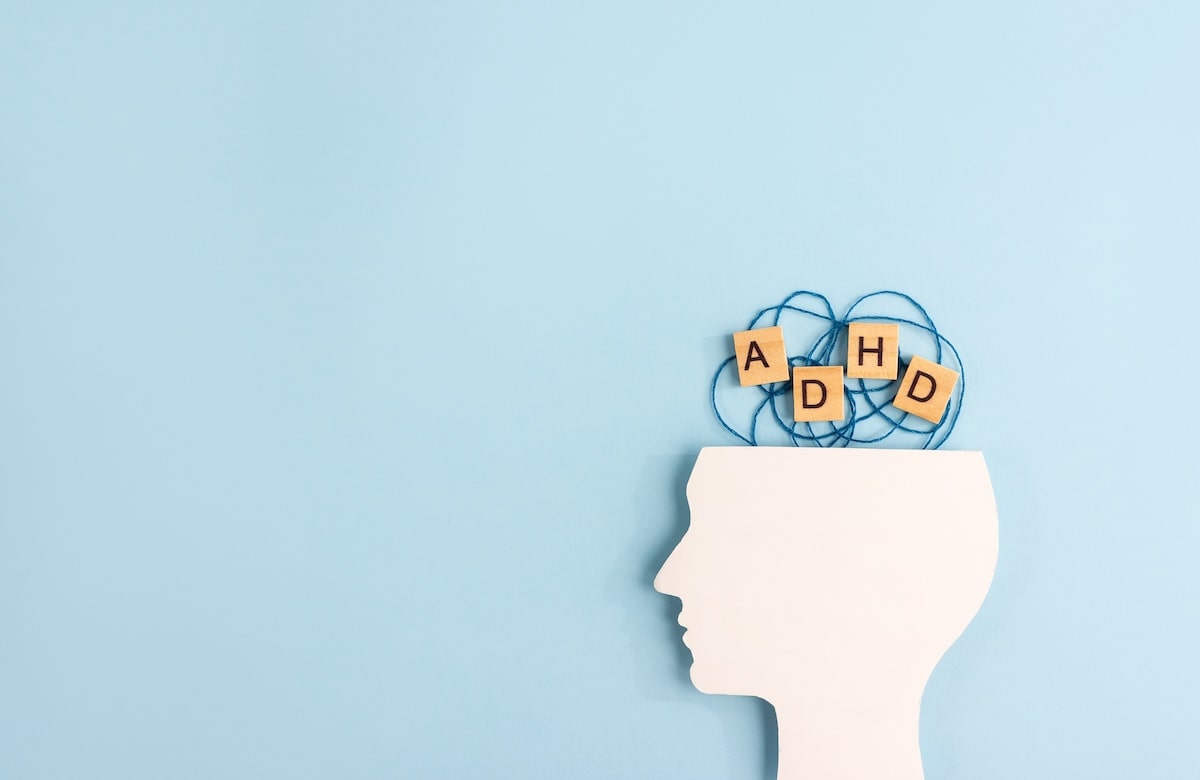Does cocaine cause anxiety?
Cocaine, a powerful stimulant, is associated with short-term euphoric effects. However, it is also associated with various mental health issues, including anxiety.

The relationship between cocaine and anxiety is complex, as the drug can trigger anxiety both during and after use.
Exploring this connection can help clarify the reasons behind anxiety from cocaine and why it may be experienced by users.
Anxiety and cocaine are ultimately inseparable. Knowing how addictive cocaine is means it’s really important to have a good understanding of what the consequences of using it are.
Does cocaine cause anxiety?
The simple answer is yes; anxiety after cocaine is inevitable. Cocaine anxiety is caused because coke is a central nervous system stimulant that manipulates levels of dopamine in the brain, leading to issues with alertness, energy, and perceived pleasure.
This surge in brain activity often comes with side effects like paranoia, restlessness, and anxiety.
Many users experience anxiety on cocaine, particularly as the initial impact fades and the body’s neurotransmitters begin to rebalance.
During use, cocaine can elevate heart rate and blood pressure, which may mimic or exacerbate symptoms of anxiety.
This can create a cycle where the user feels anxious while under the influence of the drug.
Can cocaine cause anxiety? Yes it can and yes it does. One of the symptoms of cocaine addiction is heightened anxiety.
The link between cocaine and anxiety
Anxiety on cocaine often stems from the stimulant effects of the drug.
Users may feel hyper-aware, jittery, or paranoid. In some cases, these feelings can escalate into panic attacks, making the sensation a distressing experience.
Can cocaine make anxiety worse?
The anxiety from cocaine use may be compounded if the user has a preexisting anxiety disorder, as cocaine can worsen such conditions.
Additionally, users who binge on cocaine are particularly prone to experiencing heightened anxiety, as the body’s stress response is continuously activated without the chance to recover.
Chronic cocaine use can exacerbate or even trigger anxiety disorders. Regular users often develop increased tolerance to the drug, requiring higher doses to achieve the same effects, which in turn can lead to more intense anxiety.
Over time, anxiety from cocaine can become a persistent problem, occurring even when the drug is not being used. This long-term anxiety can take the form of generalised anxiety disorder (GAD), panic disorder, or other anxiety-related conditions.
Furthermore, individuals with pre-existing anxiety disorders are at a higher risk of worsening their condition with cocaine use, as the drug amplifies the physiological and psychological stress responses that contribute to anxiety.
Why do I feel anxious after taking cocaine?
The relationship between cocaine and anxiety is undeniable. Whether it manifests during use or in the aftermath, anxiety is a common side effect of cocaine.
From heightened nervousness and paranoia to post-use crashes, the drug disrupts the brain’s normal functioning, often leading to severe mental health consequences.
Can cocaine cause anxiety? Absolutely, and for many users, the anxiety associated with cocaine is a significant factor in their decision to seek help and stop using the drug.
Understanding the connection between cocaine and anxiety can provide insight into why the drug is so harmful, ultimately helping to address and mitigate its negative effects on mental health. Anxiety after cocaine use is inevitable.
Getting free from cocaine addiction is one of the best things you’ll ever achieve and if you use a method that deals with the psychological aspects of the addiction it really can be easy.




